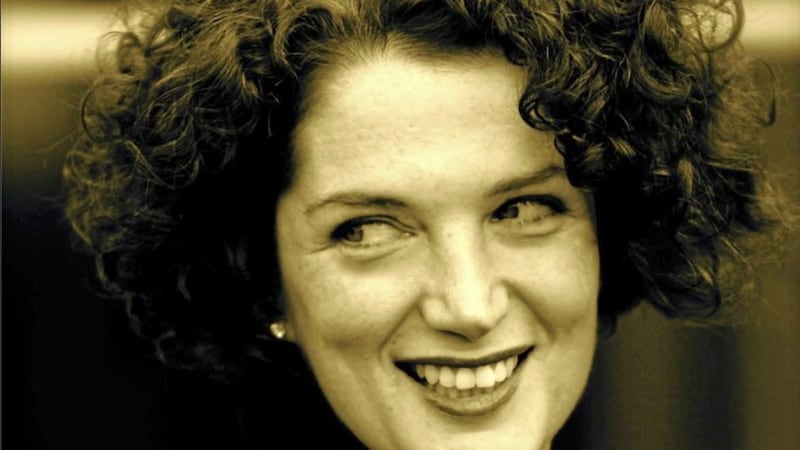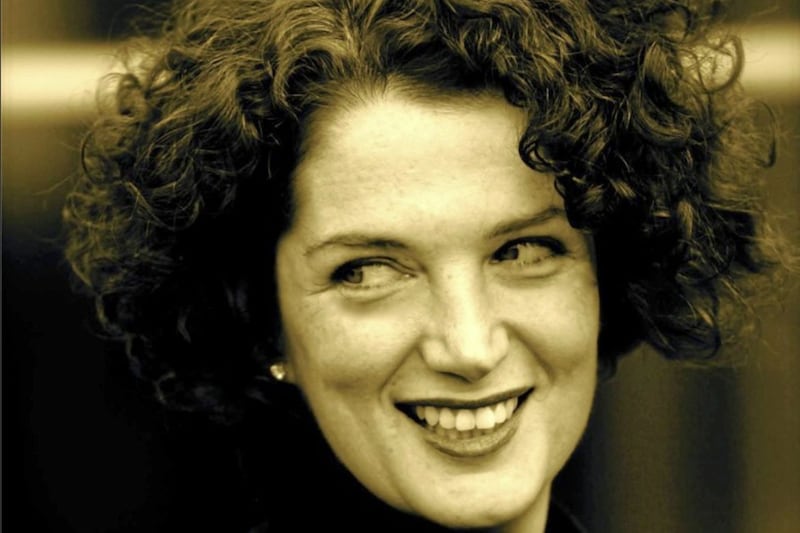The Trophy Child by Paula Daly, published in hardback by Penguin
KAREN Bloom is not the maternal type. She raises her children for success and does not accept less than perfection, especially when it comes to her young daughter Bronte who she refuses to let grow up the same as her drug-abusing brother Ewan, or her unruly step-sister Verity. But this obsession with achievement masks a crumbling family dynamic in which each member struggles to keep their head above water, and individually rebels against Karen's intensifying control. What begins as a seemingly common tale of family falling-out, focusing on the archetypal role of the pushy parent and the overworked child, unravels to reveal a surprising and gripping read. While the plotline isn't particularly adventurous, Daly expertly crafts a thriller from within the walls of domestic life and shows how tragedy uproots the illusions and pretences of idyllic family life.
Erin Bateman
Swimming Lessons by Claire Fuller is published in hardback by Fig Tree
INGRID Coleman writes a series of letters to her philandering husband, Gil, about their marriage. Rather than giving them to him, however, she hides them in numerous books around the house and then disappears, leaving him and their two daughters, Flora and Nan. Twelve years later, Gil, now ageing and frail, thinks he sees Ingrid in town. Flora, who refuses to believe her mother is dead, returns to the family home to care for him and tries to discover what happened to her mother, not realising that the answers are hidden in the books that fill the house. Ingrid's letters are a neat way of revealing the backstory and interweaving the past with the present, but Swimming Lessons is a frustrating read. Many of the characters are unlikeable and there are too many loose ends.
Catherine Small
NON-FICTION
The Empathy Instinct: How To Create A More Civil Society by Peter Bazalgette, published in hardback by John Murray
BOOK dedications sometimes offer hints about the support other people have given the writer. This one, however, is dedicated to Nobel Prize-winners Paul Lauterbur and Peter Mansfield, whose research led to the MRI scan – and so to a better understanding of the brain. It makes sense: Magnetic Resonance Imaging brings new insights into what great thinkers have always known – that human beings have a highly evolved, but unreliable, capacity for imaginative sympathy. At one point Bazalgette comes close to arguing that artists have greater empathy. That might come as news to, say, the abused Countess Tolstoy, or the victims of the music-loving failed painter Adolf Hitler. But it's the weakest part of what is otherwise an efficient canter through the current state of scientific knowledge about how our best selves are formed and maintained.
Liz Ryan



